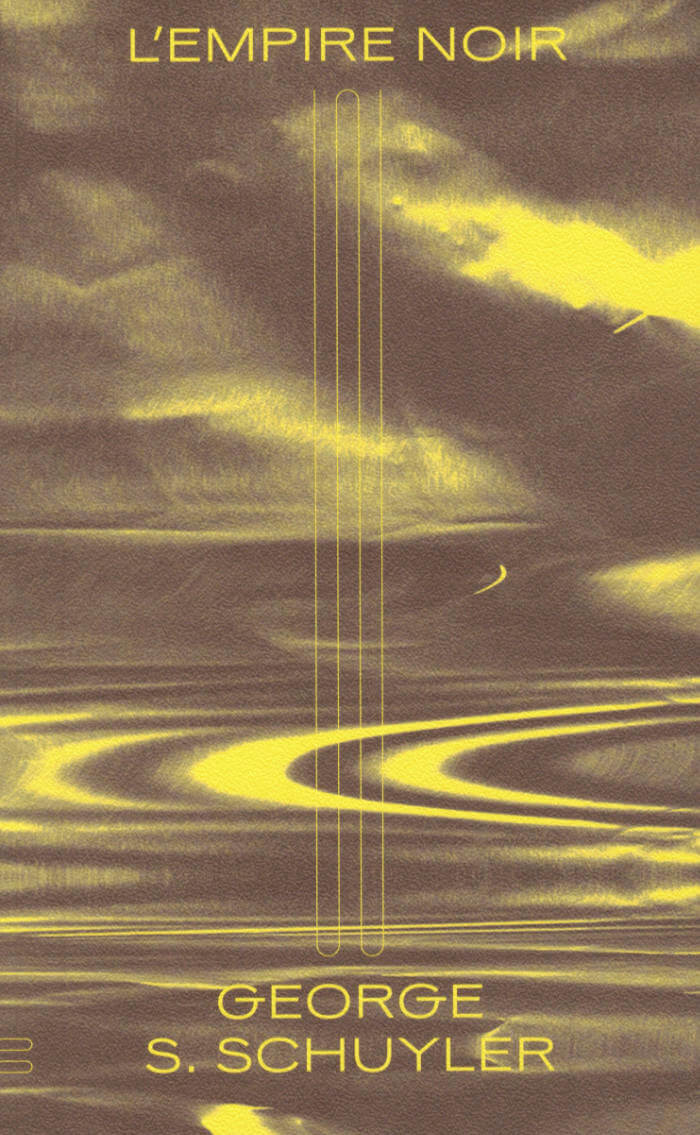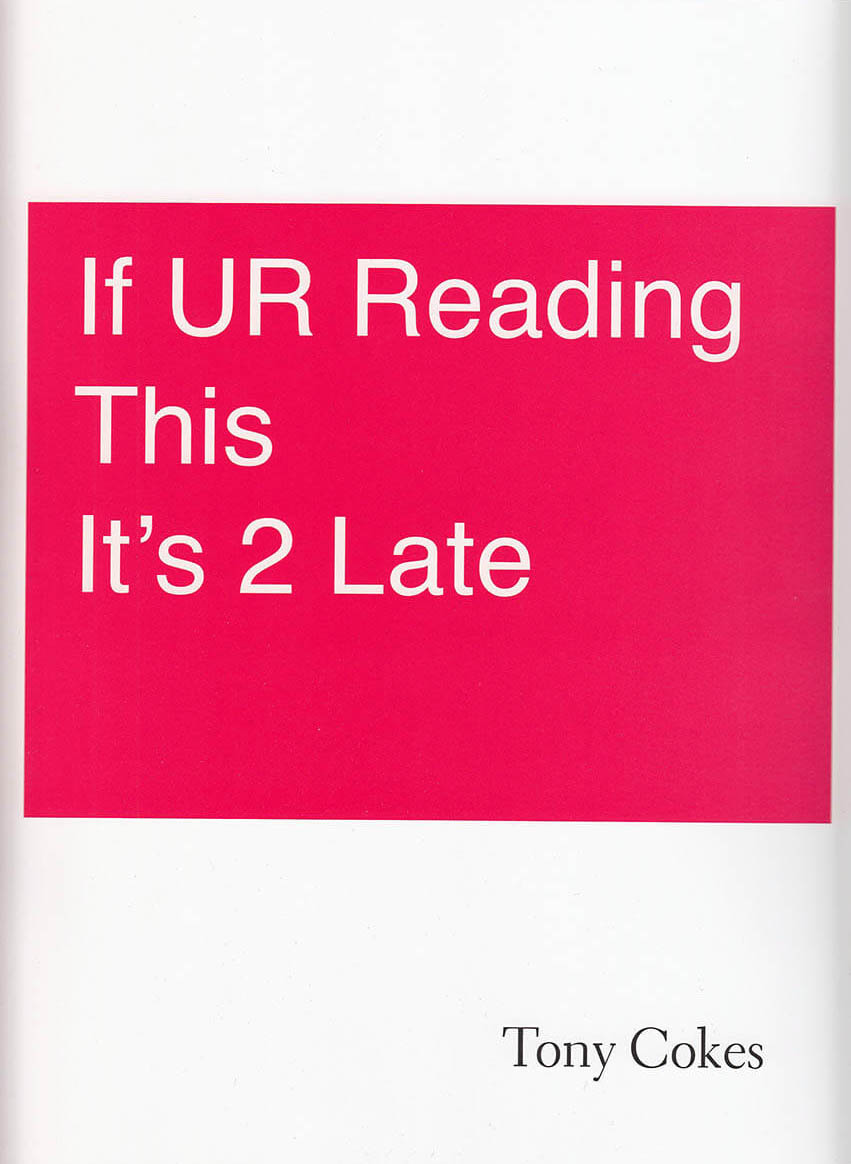
Guerre Sonore
Le sonore excède nos capacités de pensée, il traverse toutes les échelles de la réalité et de la vie sociale, et nous permet d’expérimenter par avance les menaces du futur proche : ce sont les hypothèses que déploie dans sa Guerre sonore le DJ, producteur de bass music et théoricien Steve Goodman, mieux connu sous le pseudo Kode9, et formé au sein de l’Unité de Recherché sur la Cyberculture (CCRU) aux côtés de Kodwo Eshun et Mark Fisher. Guidé par les leçons des sound-systems et des raves, défiant le partage entre philosophie et science-fiction, il compose avec ce livre une vaste fresque fractale, qui analyse les limites de l’audible et les puissances sensorielles et spéculatives de la vibration. Guerre sonore décrit comment la maîtrise des infrabasses et l’occupation de l’espace sensoriel sont devenus l’enjeu d’une bataille secrète mais généralisée où les gouvernements, les spécialistes du marketing, les designers et les technoscientifiques s’affrontent au matérialisme des basses fréquences des artistes et des populations.
Steve Goodman (alias Kode9) est un musicien, écrivain et artiste. Il est l’auteur du livre Guerre Sonore et il codirigé les ouvrages Unsound : Undead (Urbanomic Press, 2019) et Ø (Flatlines Press, 2021). Il a fondé les labels Hyperdub et Flatlines, produit 5 albums, dont deux avec le regretté Spaceape (Memories of the Future, 2006 et Black Sun, 2012) et 3 en solo (Nothing, 2015, Escapology, 2022, Astro-Darien, 2022), de nombreuses compilations de mix DJ ; il a co-compilé et remixé Diggin in the Carts (2018), une collection de musiques rares de jeux vidéo japonais. Il a aussi, entre autres choses, conçu des installations sonores pour la Hyundai Commission à la Tate Modern en 2018 et pour l’exposition sur l’intelligence artificielle More than Human en 2019, au Barbican de Londres.







